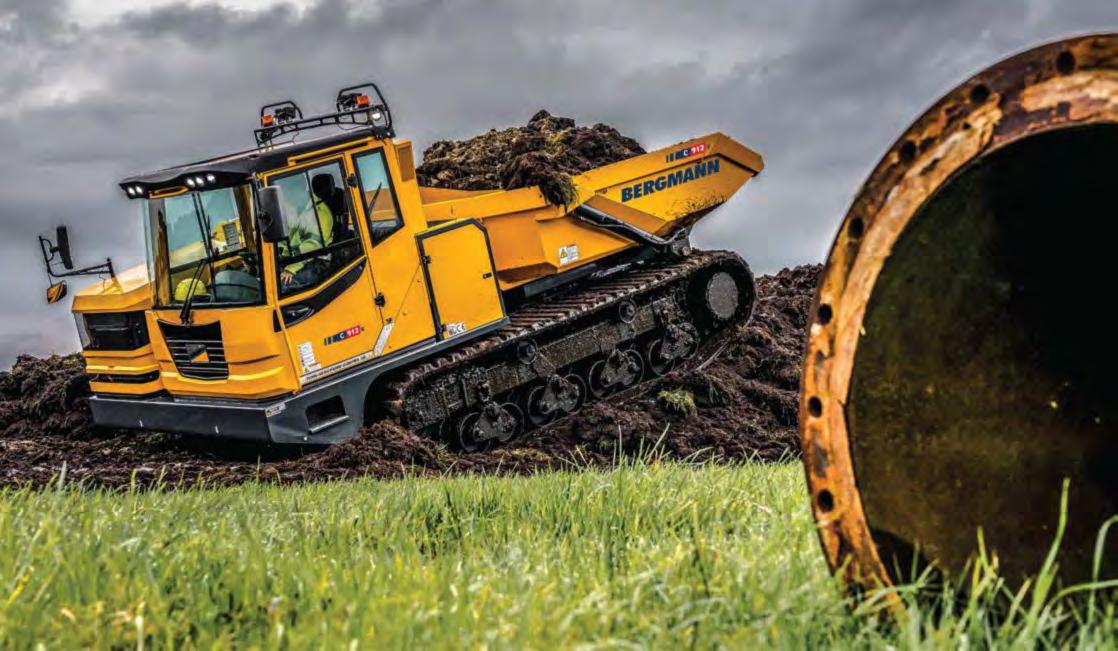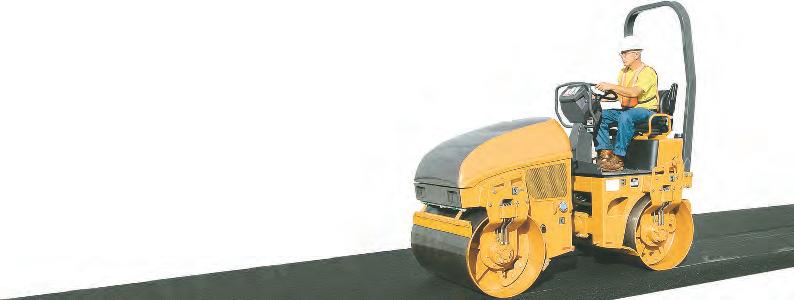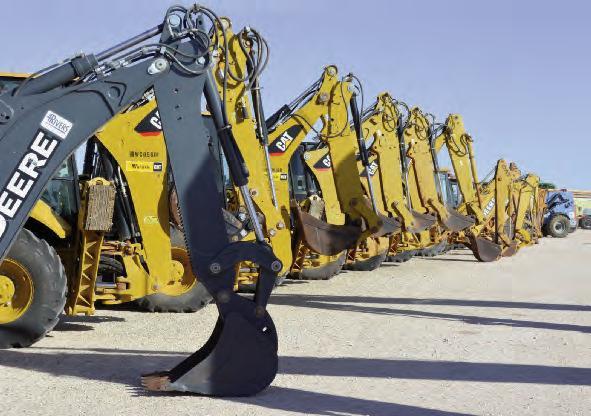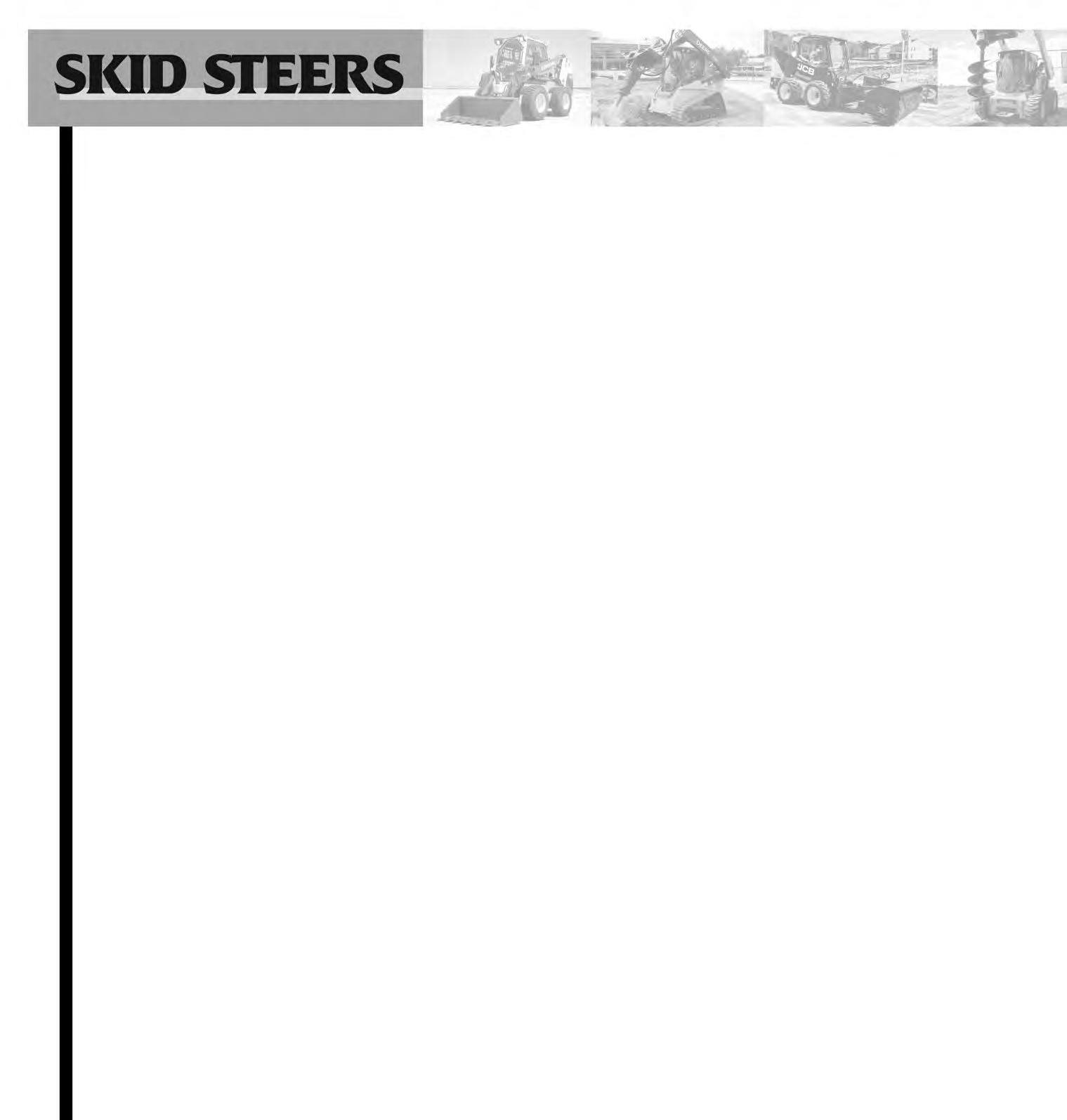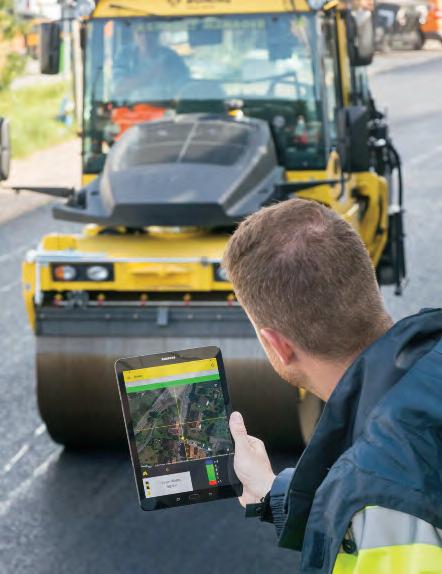
1 minute read
CEG’S SKID STEER AND COMPACT TRACK LOADER CHARTS
Compact track loaders can operate in places skid steers would struggle including uneven, muddy, sandy and snowy terrain. Skid steers are great on harder surfaces like concrete and asphalt, especially when equipped with hard tires.

Differences in Skid Steer Loaders, Compact Track Loaders How to Choose Between These Machines
It’s easy to look at a skid steer and a CTL and assume the only difference between the two is tires versus tracks — but there’s much more to it than that, especially when it comes to deciding which one is needed on the job site.

By Jason Riley
RDO EQUIPMENT COMPANY
It’s the most popular piece of equipment on construction jobsites. It has been and remains a consistent, high-selling machine in the construction industry. And it has been around for six decades.
The skid steer loader is a must-have in virtually every construction fleet, from general builders to landscapers, and even those offering snow and ice management services. This small yet mighty machine proved to offer numerous benefits on various jobsites and gave way to inspire a new take on it: the compact track loader (CTL).
Skid Steer or Compact Track Loader
The CTL is designed to tackle tasks similar to that of a skid steer. Hallmarked by a tracked design instead of tires, it offers different operational abilities compared to its sister machine.
Back to Basics
The first step in deciding between a skid steer or compact track loader is to understand the basic features and traits of each, and how those translate into unique advantages on various jobsites.


